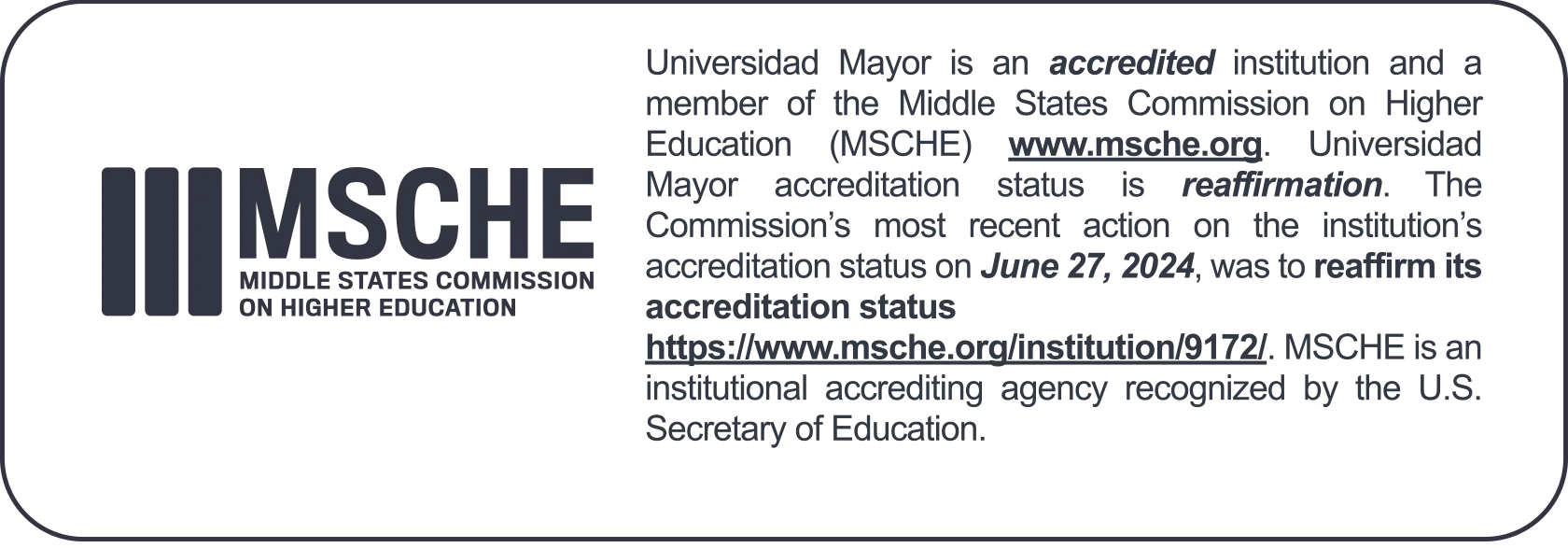A study conducted by María F. Montoya, Bernardita Tornero, Frederick J. Morrison, and Diego Palacios Farías, researcher at the CISS, examined how teaching strategies oriented toward self-regulation are related to early math learning in preschool children.
The research, carried out in preschools in Santiago, analyzed video recordings of math lessons coded according to three types of teacher scaffolding: instructional, organizational, and emotional. In addition, it assessed the progress of 416 children through a standardized test, considering variables such as age, gender, socioeconomic level, and prior achievement.
The results show that organizational practices (such as maintaining clear routines, consistent rules, and step-by-step instructions) were positively associated with math achievement. In contrast, warmth and emotional support appeared to act as adaptive responses to children facing greater self-regulation challenges, while instructional strategies showed no significant effects.
These findings highlight the importance of training and supporting educators in concrete practices that integrate self-regulation into teaching, especially in group learning settings. Designing lessons that include routines, attention cues, and planning moments can enhance children’s focus, persistence, and mathematical understanding from their earliest years.







